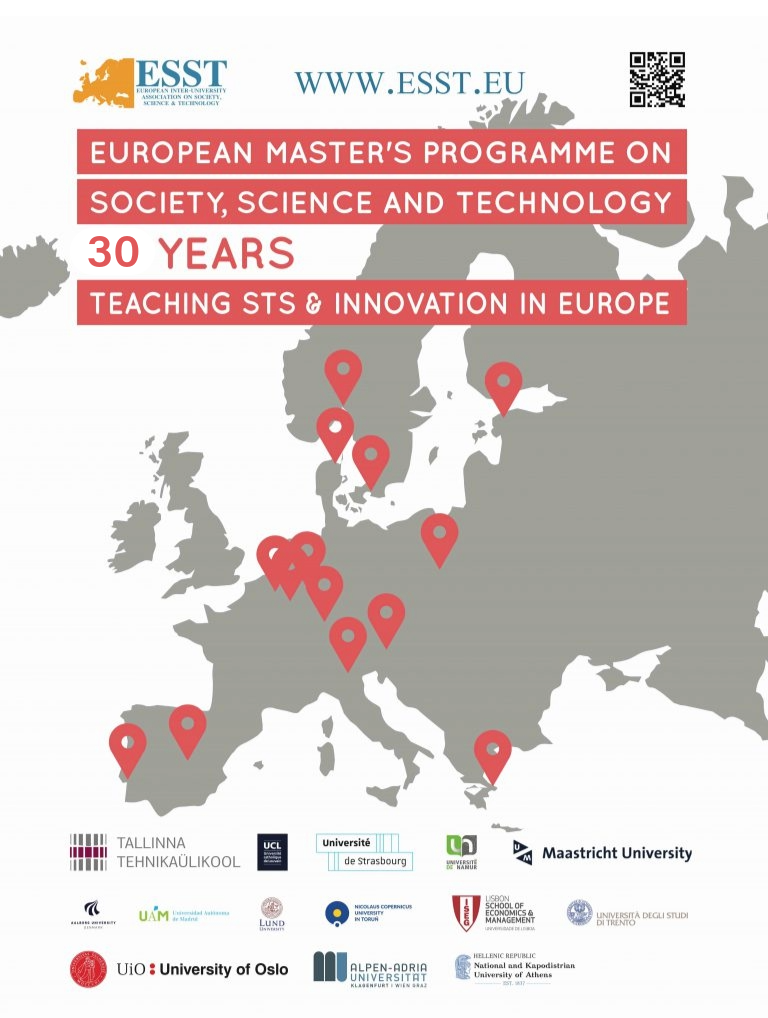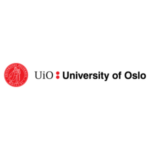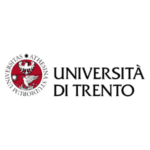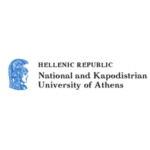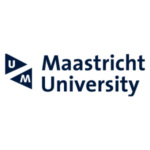Elective 1: Atmospheric Sciences in the Anthropocene
Elective 2: Evolutionary approach to science and innovation policies
The aim of the course is twofold: On the one hand, it will provide students with elements of the history of the environmental sciences, and second, it will provide an overview of the recent debates about climate engineering and possible alternatives. The first part of the course will treat the emergence of environmental sciences and environmentalism during the Cold War and examine the links between military research and the environmental sciences. The main part will focus on the more recent debates about climate change and trace the main actors and arguments for and against climate engineering. It will subsequently treat questions, like: What are the alternatives to a technological fix? How could adaptation to climate change work out? How could we come up with new ways of knowing that encourage people to become more active in dealing with climate change?
Aldy, Joseph E., Tyler Felgenhauer, William A. Pizer, Massimo Tavoni, Mariia Belaia, Mark E. Borsuk, Arunabha Ghosh, et al. “Social Science Research to Inform Solar Geoengineering.” Science 374, no. 6569 (November 12, 2021): 815–18. https://doi.org/10.1126/science.abj6517.
Caldeira, Ken, and Govindasamy Bala. “Reflecting on 50 Years of Geoengineering Research: FIFTY YEARS OF GEOENGINEERING RESEARCH.” Earth’s Future 5, no. 1 (January 2017): 10–17. https://doi.org/10.1002/2016EF000454.
Crutzen, Paul J. (2006), “Albedo enhancement by stratospheric sulfur injections: A contribution to resolve a policy dilemma?”, Climatic Change 77, 211-220. Fleming, James Rodger (2010), Fixing the Sky. The checkered History of Weather and Climate Control (New York: Columbia University Press).
Gardiner, Stephen, and Catriona McKinnon. “The Justice and Legitmacy of Geoengineering.” Critical Review of International Social and Political Philosophy 23, no. 5 (July 28, 2020): 557–63. https://doi.org/10.1080/13698230.2019.1693157. Hamblin, Jacob Darwin (2013), Arming Mother Nature. The Birth of Catastrophic Environmentalism (Oxford: Oxford University Press).
Hamilton, Clive. “Geoengineering and the Politics of Science.” Bulletin of the Atomic Scientists 70, no. 3 (May 1, 2014): 17–26. https://doi.org/10.1177/0096340214531173.
Johnston, Sean. Techno-Fixers: Origins and Implications of Technological Faith. Montreal ; Kingston ; London ; Chicago: McGill-Queen’s University Press, 2020. Keith, D. W. “Geoengineering the Climate: History and Prospect.” Annual Review of Energy and the Environment 25 (2000): 245–84. https://doi.org/10.1146/annurev.energy.25.1.245.
Robock, Alan, “20 reasons why geoengineering may be a bad idea,” Bulletin of Atomic Scientists, 64, 2 (2008), pp. 14-18.
Wagner, Gernot, Geoengineering. The Gamble (Medford: Polity Press, 2021). Weart, Spencer (2008), The Discovery of Global Warming, second edition (Cambridge, Harvard University Press).
Courses will be taught by Prof. Matthias Dörries (dorries@unistra.fr)

